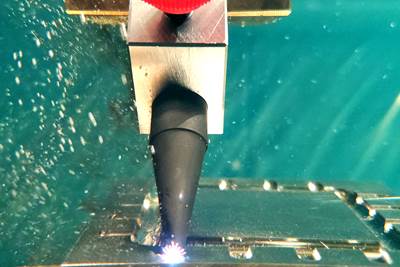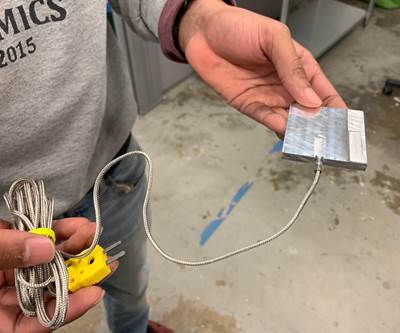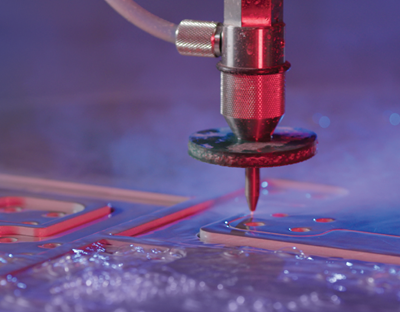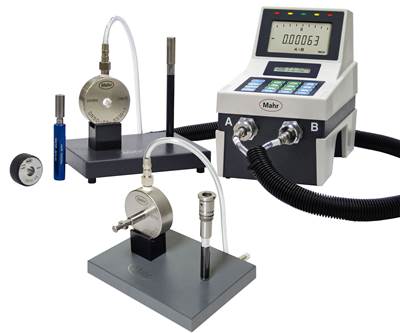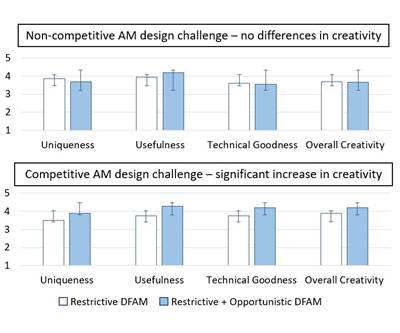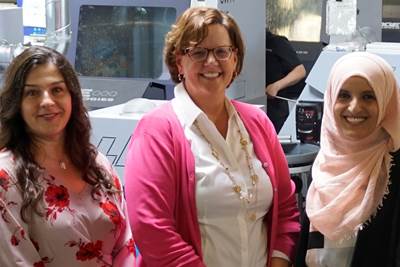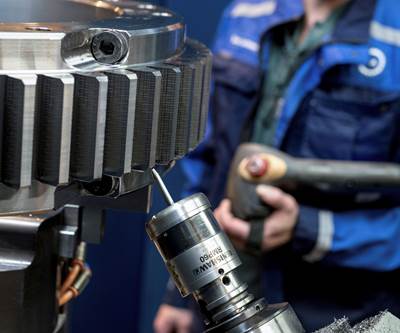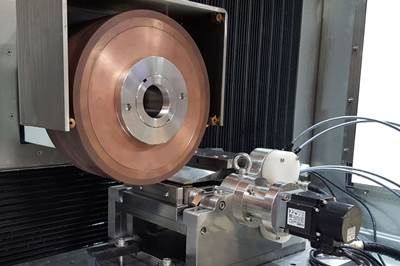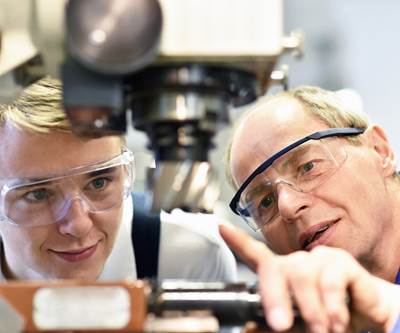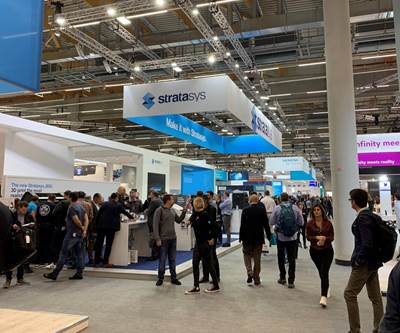Basics
Inside the Sinker EDM Process, One Spark at a Time
Successful sinker EDM operations rely on understanding the relationship between each individual spark, the electrode and the workpiece.
Read MoreWhy Use Solid-State Additive Manufacturing?
New opportunities are coming thanks to 3D printing processes where the metal doesn't melt.
Read MoreWeep Not, Waterjet Machine. Predictive Maintenance is Here.
The versatility of waterjet cutting is well known, but its reputation as a maintenance intensive technology holds it back. Predictive maintenance may change that.
Read MoreThere is More Than One Way to Find a Match
Three ways to control the clearance between critical-fit parts.
Read MoreThe Challenges of Teaching Creativity in Additive Manufacturing
The extensive design freedoms offered in additive manufacturing can be paralyzing. With AM consistently pushing the boundaries of manufacturing, how do we teach people to take risks and be creative with AM?
Read MoreWhy Is It Okay to Fire a Customer?
Standing up for your employees shows that your company values are more than just words on a wall.
Read MoreShop Hands Over Gear Deburring to a Robot
Manual deburring of gears was an odious task for many of Katsa’s machinists, which in turn created a bottleneck that caused delays. The solution: a custom robotic deburring cell from Flexmill relying on Renishaw’s RMP60 probe.
Read MoreNew Applications for Electrochemical Grinding
With advances in control, sensor and automation technology, electrochemical grinding is more accurate and productive than ever, opening up new applications for the traditionally niche process.
Read More3 Ways to Help New Engineers Understand Manufacturing
Priorities, processes and personnel are three things new engineers must understand about the shop floor.
Read MoreWhy Was CNC Machining on Display at the Biggest Show for Additive Manufacturing?
Machining is a complement to AM as a means of finishing metal 3D printed parts. The increasing adoption of AM for production means more need for postprocessing, particularly machining.
Read More
